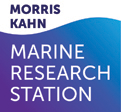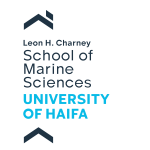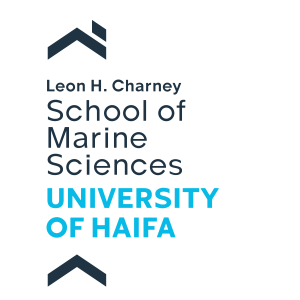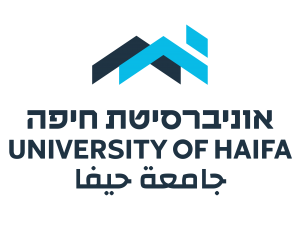
Academic Education:
- BSc – Marine Biology, Ruppin Academic Center (Michmoret),
Israel (2017-2021)
Background:
Eitan has several years of experience as a professional at sea, initially as a scuba diving instructor and later as a sailor and a sailing instructor.
These expertise made him a good candidate to continue the mission of Long Term Ecological Research (LTER) that has been taking place since 2019 collecting ecological and biological parameters of the pelagic fishing industry. Eitan has been joining a commercial fishing vessel excursions operation out of the ports of Ashdod and Ashkelon and fishing in pelagic waters 12-16 miles off the coast of Israel.
As part of the Morris kahn LTER Eitan has been gathering length, weight, species and other information regarding fish caught in the fishing excursions alongside tissue samples for his research.
Current Research:
Eitan started his MS.c. with Professor Dan Tchernov, Dr Aviad Schenin and Danny Morik, as part of the Apex predator team of the Morris Kahn research station in Sdot-Yam.
Commercial fishermen in the tuna industry have been joined on their fishing excursions in order to collect information regarding the highly prized tuna fish that the fishermen catch and sell for human consumption.
Eitan’s main interest is in the accumulation of trace elements amongst them metals that are present in the fish’s tissues and can be a vector for transmitting dangerous elements to the human population that consumes the meat.
The goals of his research include assessing the trace element distribution in Atlantic bluefin and albacore tuna fish caught in the eastern Mediterranean sea (EMS) and assessing the concentrations of various elements that might have an implication on the health of the fish as well as their consumers.
A second goal of this research is to assess the concentration of various elements in fish caught in the EMS in comparison to other locations around the world in order to gather information about the health state of the fish caught in the EMS.
Another goal of this research is to create a non-lethal technique to assess elemental concentration in the muscle of the fish (the consumable part) by sampling blood, a way to gather information about the risks associated with the consumption of the meat without the need to sacrifice the fish.



